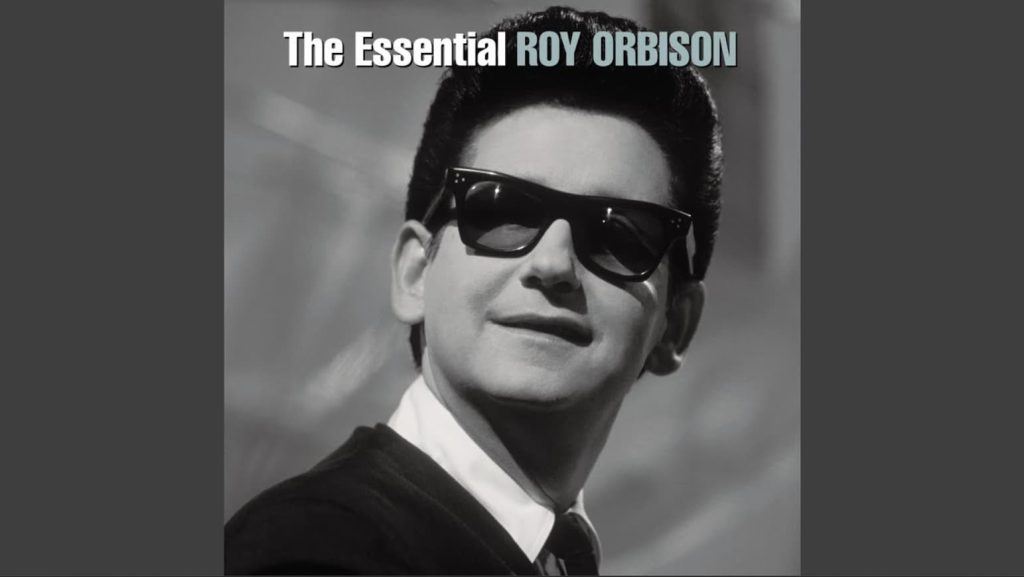
Roy Orbison: “Oh, Pretty Woman” – A Rock and Roll Classic with a Cinematic Flair
“Oh, Pretty Woman,” released in 1964, stands as one of Roy Orbison’s signature songs and a defining moment in rock and roll history. This track isn’t just a catchy tune; it’s a masterclass in songwriting, combining Orbison’s distinctive vocal style with a memorable melody and a narrative that unfolds like a mini-movie.
The song’s genesis is quite interesting. As the story goes, Roy Orbison was writing with Bill Dees when Orbison’s wife, Claudette, interrupted to say she was going out shopping. Orbison jokingly said, “Pretty woman doesn’t need any money.” Dees suggested they write a song around that idea, and within a short time, “Oh, Pretty Woman” was born. This spontaneous origin contributes to the song’s infectious energy and sense of immediacy.
Musically, “Oh, Pretty Woman” is a blend of rock and roll, pop, and a touch of blues. The opening guitar riff is instantly recognizable, a driving force that propels the song forward. Orbison’s vocals are, as always, the centerpiece. His distinctive vibrato and dramatic delivery bring a sense of vulnerability and longing to the lyrics. He can range from a smooth, almost tender croon to a powerful, soaring belt, perfectly capturing the emotional rollercoaster of seeing a captivating woman walk by. The use of dynamics is also crucial; the song builds and releases tension, creating a captivating listening experience.
The lyrics tell a simple yet compelling story: a man sees a beautiful woman walking down the street and is instantly captivated. He imagines what it would be like to be with her, hoping she’ll turn back and give him a chance. The lyrics are straightforward, but they resonate with anyone who has ever experienced the thrill of attraction at first sight. The famous spoken interjection, “Mercy!” adds a touch of playful charm and further emphasizes the singer’s awestruck reaction.
“Oh, Pretty Woman” was a massive commercial success, reaching number one on the Billboard Hot 100 in the United States and topping charts around the world. It became Orbison’s biggest hit and solidified his status as an international superstar. The song’s impact extended beyond the charts; it became a cultural phenomenon, featured in numerous films and television shows, most notably in the 1990 film Pretty Woman, which further cemented its place in popular culture.
The song’s structure is also noteworthy. The way it builds to the bridge, with the tempo slowing slightly and Orbison’s vocals becoming more intense, creates a sense of anticipation before the final chorus bursts forth. This dynamic arrangement contributes significantly to the song’s lasting impact.
“Oh, Pretty Woman” is more than just a catchy tune; it’s a timeless classic that captures the universal experience of admiration and longing. Roy Orbison’s unique vocal delivery, combined with the song’s infectious melody and relatable lyrics, has ensured its place in the pantheon of rock and roll greats. It remains a staple of oldies radio and continues to be enjoyed by generations of music lovers.